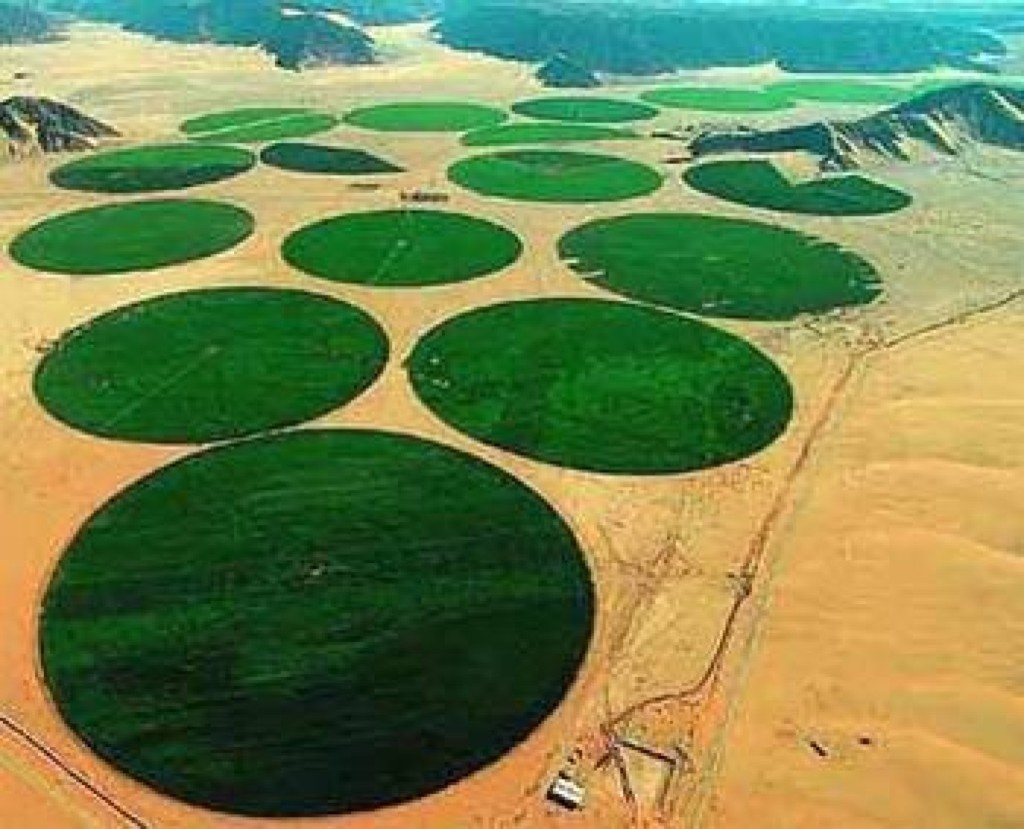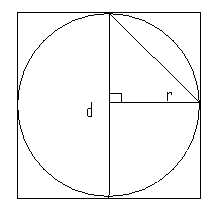Farm in a Square, Harvest in a Circle
All throughout the Midwest, Plains, pretty much anywhere that doesn’t get adequate rain you can look on Google maps and see square fields with bright green circles in the middle. These are pivot fields that are irrigated from aquifers below. The corners of those fields are usually left barren. No, these are not the corners I am referring to.

The square fields of corners I am referring to go back to biblical days.
Some years back I was having coffee with a Rabbi, as one does. He and I were deep into the discussion of tzedek, the Hebrew word for justice and also root for tzedakah, which means charity. Etemology is one of many favorite past times coupled with how we describe societal and behavioral constructs. The two concepts, justice and charity are closely entwined, which are core to Judaism both culturally and religious. But tzedakah takes it a few steps further. Tzedakah is a broad set of concepts within the Israelite culture that have been shaping civilization and all Abrahamic religions for over 5,782 years. This set of principals outline charitable giving to the poor, and as the Rabbi pointed out, farm in a square, harvest in a circle, leave the pe’ah, or corners, for the poor. As a culture we love to argue and debate, the Talmud and Maimonides somewhat prove that. The Rabbinical thought is, that if the poor need the sustenance, the fields are there to be reaped for their benefit.
Mathematically, the concept is a little more generous than we would first think. A hundred foot by one hundred foot square field will have the surface area of 10,000 square feet, or about a quarter of an acre. Now we draw a circle with a diameter of one hundred feet dead center, with a radius of 50 feet.

Using the geometric formula for a circle, Area= πr^2, thus A= 3.14159(50^2), or ~ 7,854 square feet.
Essentially the book of Leviticus states under pe’ah, the farmer would have to leave around 22% of his crop in the ground for the poorest amongst us to have sustenance to feed their children and selves. As we look into a post pandemic world with climate change and halted governmental progress, food security, or lack thereof is still an issue. Rapid inflation pushes higher operating costs for food banks, and also pushes more poor from the margins toward needing those food bank resources. Food bank donations have stayed steady as have the families in need, thankfully, yet we can forecast with the dissolution of the Child Tax Credit advance payments, where parents were buying food, the need from food banks is about to increase, perhaps substantially, at a time when food costs are at orbital highs and donations are flat.
What we can do in the short term as farmers this spring is to think about the pe’ah, and plant that 22% with the intention to harvest and provide farm fresh produce to local food banks. As a public we can support the other 78% of small farms through farmers markets and Community Supported Agriculture shares, in addition to volunteering and donating direct to the food banks. Let’s not let this one get away from us.

Attaboy
This is some of the Bible stuff that conservatives don’t like to talk about. The Old Testament is full of debt forgiveness, contract interference, rules against the alienation of land, statutes of limitation, preference for the poor and the like. Basically, things like quitclaim deeds or non-dischargable loans are in violation of biblical law.
I remember when Gerry Studds, the first gay Massachusetts congressman from Provincetown on Cape Cod was chided for his homosexuality as being in violation of biblical principles. He pointed out that the next prohibition in the Bible forbade people from eating shellfish, and that a ban on eating shellfish would no go down well with the good people of Cape Cod.
Fundamentalism and conservative religion is all about picking and choosing.
Excellent! Thx.
it’s been my experience that the food banks and soup kitchens want only the best quality produce from the circle in the middle, so i’m usually left with whatever’s in the corners…still, passing on the best stuff does bring in a lot of help with the harvest…